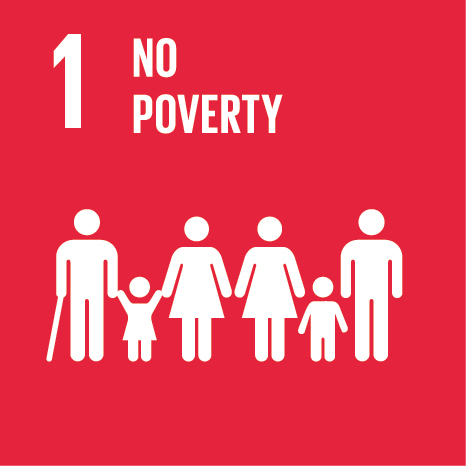Ciência_Iscte
Publications
Publication Detailed Description
Cultivating cannabis in a Paraguayan nature reserve: Incentives and moral justification for breaking the law
Journal Title
Trends in Organized Crime
Year (definitive publication)
2024
Language
English
Country
United States of America
More Information
Web of Science®
Scopus
Google Scholar
This publication is not indexed in Overton
Abstract
Paraguay has become the main cannabis producer in South America and one of the largest exporters in the world. Some investigations about the cultivation of marijuana in the country portray a cruel environment in which peasants are exploited in “almost feudal” conditions by intermediaries who buy their crops at unreasonably low prices. However, a group of peasants who use the Mbaracayú Forest Nature Reserve as their labour area have created a safe and profitable ecosystem for developing their business. Based on interviews with key informants and visits to the area, the article describes the constraints and incentives that lead those peasants to engage in criminal activities, the strategies they have used to establish protective barriers, and the moral justifications that emerge as a result of their success in doing business. Although there are violent practices and extortion, we claim that the decision-making process to get involved in illegal markets is a free action influenced by alternative moral understandings that provide reasons and justifications for breaking the law. The moral map of these cannabis growers goes far beyond the mere economic justification of generating material resources and is related to economic, institutional, and social premises linked to a generalized aspiration of dignity and a life worth living. The functioning of informal institutions learned through previous interactions with state and non-state actors who regulate and protect the market, the perceived social approval/legitimation of the activity by referent groups, and the awareness of the capacity and skills necessary to successfully conduct the business have a crucial importance in the moral reformulation.
Acknowledgements
--
Keywords
Drug production,Moral justifcations,Future perspectives,Life worth living,Legitimate illegalities,Illegitimate legalities
Fields of Science and Technology Classification
- Law - Social Sciences
Funding Records
| Funding Reference | Funding Entity |
|---|---|
| UID/CPO/03122/2019 | Fundação para a Ciência e a Tecnologia |
| UIDP/03122/2020 | Fundação para a Ciência e a Tecnologia |
| UIDB/03122/2020 | Fundação para a Ciência e a Tecnologia |
Related Projects
This publication is an output of the following project(s):
Contributions to the Sustainable Development Goals of the United Nations
With the objective to increase the research activity directed towards the achievement of the United Nations 2030 Sustainable Development Goals, the possibility of associating scientific publications with the Sustainable Development Goals is now available in Ciência_Iscte. These are the Sustainable Development Goals identified by the author(s) for this publication. For more detailed information on the Sustainable Development Goals, click here.

 Português
Português




